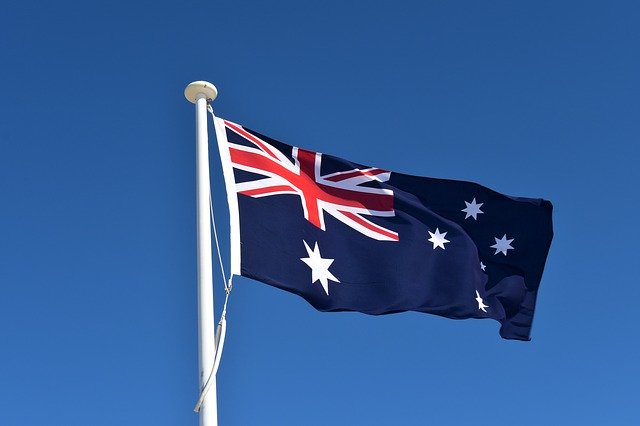By Phil Roberts
Human beings need identity and draw much of this identity through association with others. These others may be different kinds of groups such as family, work colleagues, fellow hobby enthusiasts, political confreres, and people of similar ethnic or geographic background – including people of the same nation.
Nation is convenient as a focus for identity because it represents a degree of shared values, culture, history and contemporary experience.
The object of our association
In some instances we may not identify so much with a nation per se as with distinctive characteristics of that nation: in the case of Australia, our beaches or outback landscapes or the tradition of mateship. These parts may be more important to us than the whole, i.e. Australia.
Nationhood is at any time a fuzzy concept, meaning different things to different people.
In addition, the nation to which we attach ourselves changes over time, so that the meaning of “Australia” (for example) is necessarily fluid. There are aspects of Australia today which differ from the Australia of my youth.
The nature of our association
Identification with one’s own country is not in itself a bad thing, but the way in which we make this identification may be bad.
Our personal brand of nationalism will be shaped by the way we see our country. Personal biases will enter into this view. For example, extreme right-wingers will see Australia in terms of so-called traditional values and will have a vision of this country as Judaeo-Christian, not the glorious mix of indigenous and diverse non-indigenous cultures which are the reality today.
Nationalism may all too easily become exclusivist. At best, we may simply be blind to the faults in our own country or the merits of other countries. At worst, we may carry this into hostile actions, even war.
Religion has a role here. Some faith traditions are tied very much to a particular ethnic group (Judaism) or a particular set of cultures (Islam). A more open outlook is preferable.
Alternatives
In these days of easy communication with all sorts of other people, we are probably being lazy if we limit ourselves to a narrow kind of nationalism.
It is quite reasonable to attach ourselves to a particular aspect of our country and see the country itself as a symbol of that aspect. We may, for example, attach ourselves to egalitarianism and have a great pride in Australia as an egalitarian society.
We can be attached to our country and still predominantly citizens of the world. I travelled once with an Indian engineer who was very much a citizen of the world but always found a curry wherever he could. This has always been a model for me. In other words, identify with all but keep a special place in your heart for the distinctive and special things you associate with home – whatever home may mean.


